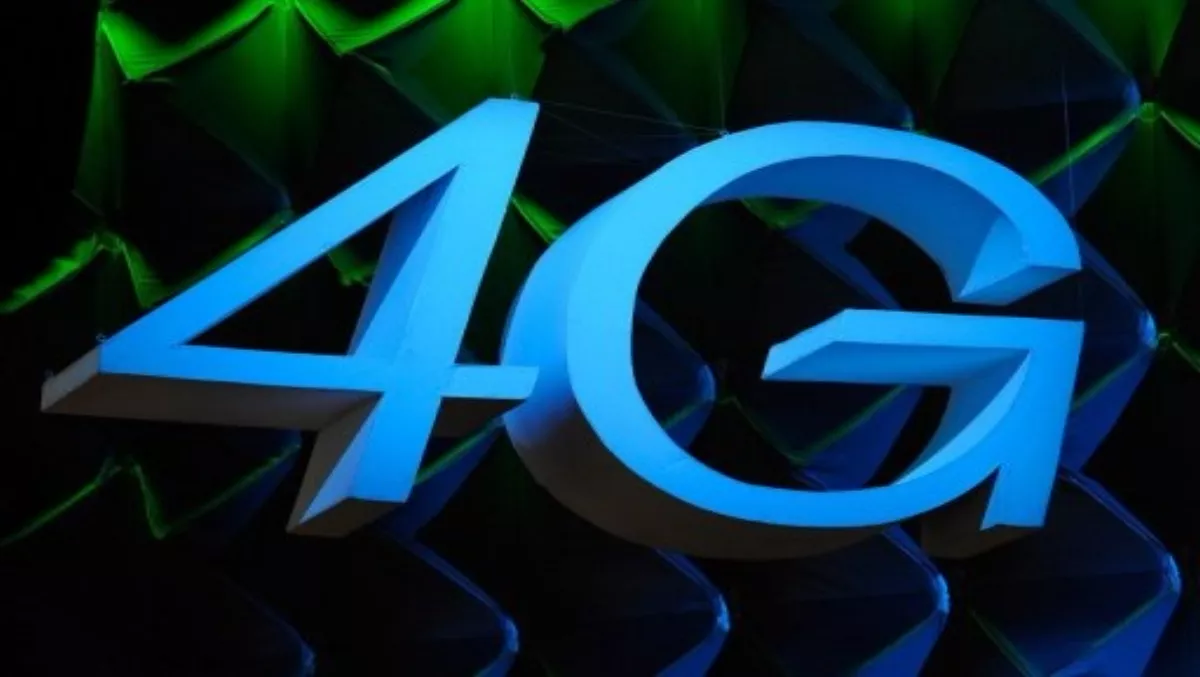
Govt to seek minimum $198m for 4G spectrum
The government plans to begin its auction of fourth generation mobile broadband radio spectrum on Oct. 29 and will be seeking a minimum of $198 million for the rights, which are expected to be fought over by Telecom, Vodafone, and 2degrees.
However, potential operators who have yet to build their own mobile network will also be able to bid.
The mobile spectrum, in the 700 Megahertz range, has been used until recently for analogue television broadcasting and is being cleared at a cost of $157 million.
The nine pairs of 2x5 MHz spectrum will each carry a reserve price of $22 million. Management rights will begin on Jan. 1 2014 and last for 18 years.
"In setting the reserve price, we have balanced generating a fair return on the sale of the spectrum rights with the significant investment required by mobile network operators to build the 4G network infrastructure," said Communications Minister Amy Adams in a statement.
"The reserve price also takes into account the value to New Zealand of having 4G connectivity widely deployed."
Telecommunications firms have argued against the government trying to get top dollar for the spectrum on the basis that they will need to invest hundreds of millions of dollars to make use of it and that its rapid uptake by consumers is an important public good outcome.
With that in mind, bidders will also able to make staged payments over five years on interest-bearing terms.
"Allowing staged payment will enable mobile network operators to invest immediately in building their 4G networks to increase their service to New Zealanders," said Adams. "Indications are that by using the spectrum for 4G mobile networks, we can expect economic benefits for New Zealand of up to $2.4 billion over the next 20 years."
While some 4G capability is already available on higher MHz spectrum, the 700MHz range is especially well-suited to pushing fast mobile broadband into rural areas because it requires fewer repeater stations to achieve coverage.
The auction conditions will require mobile network operators to upgrade existing rural cell sites to 4G capability within five years, and for successful bidders to continue expanding cellular coverage.
"These requirements are designed to ensure that at least 90 per cent of New Zealanders have access to a 4G network and faster mobile broadband coverage within five years."
Bidders acquiring three or more lots will be required to build a number of new cell sites in areas without mobile coverage, while those acquiring three lots must build at least five new cell sites a year for five years, rising to 10 sites a year for any bidder buying four lots.
Successful bidders without an existing mobile network will have five years to deploy services to at least 50 per cent of New Zealanders.
To ensure that rural communities also benefit from the new technology, existing mobile operators with new spectrum will be required to upgrade at least 75 per cent of their existing rural 2G and 3G cell sites to 4G capability using the 700 MHz spectrum within five years, up to a maximum of 300 cell sites.
BusinessDesk

